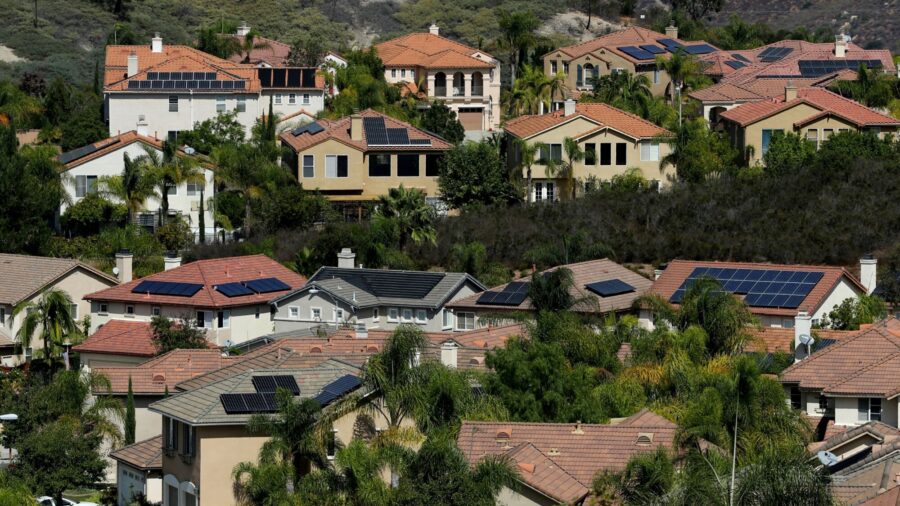WASHINGTON—Two U.S. senators have asked the leading solar energy lobbying group to clarify U.S. dependence on solar products linked to forced labor in China’s Xinjiang, part of a push in Congress to address what Western countries say are rights abuses by Beijing.
Republican Marco Rubio and Democrat Jeff Merkley sent a letter on Tuesday asking the Solar Energy Industries Association (SEIA) to detail measures it or member companies have taken to ensure that solar products sourced from Xinjiang, including polysilicon, are not made using forced labor.
The senators asked SEIA for information on “the extent to which the U.S. solar supply chain is currently dependent” on polysilicon and solar ingots/wafers made in Xinjiang, according to a copy of the letter seen by Reuters.
Polysilicon is the key raw material used to produce solar panels that generate electricity from sunlight.
In the letter, the senators said that reliance on a China-based supply chain “fails to protect consumers from inadvertently contributing to human rights abuses abroad.”

Dan Whitten, SEIA’s vice president of public affairs, said the group shared the senators’ concerns.
“We have called on American solar companies to completely leave the Xinjiang region by June and are working hard to develop a supply chain traceability protocol that can be used as a compliance tool to ensure the products they use are free of forced labor,” Whitten said.
Rubio and Merkley partnered earlier this year to reintroduce legislation that would ban all products from Xinjiang without specific approvals. While such legislation has had strong bipartisan support, congressional aides say it has been the target of lobbying by firms with supply-chain links to Xinjiang.
U.N. experts and rights groups estimate over a million people, mainly Uyghurs and other Muslim minorities, have been detained in a vast system of camps in China’s western Xinjiang region in recent years. Many former inmates have said they were subject to ideological training and abuse in the camps.
The U.S. State Department has made a determination that Chinese officials are perpetrating genocide there. China denies all accusations of abuse.
The United States and other Western countries have argued that China, the world’s biggest manufacturer of photovoltaic products, has undercut global solar companies with government subsidies for the Chinese industry.
By Michael Martina and Nichola Groom

